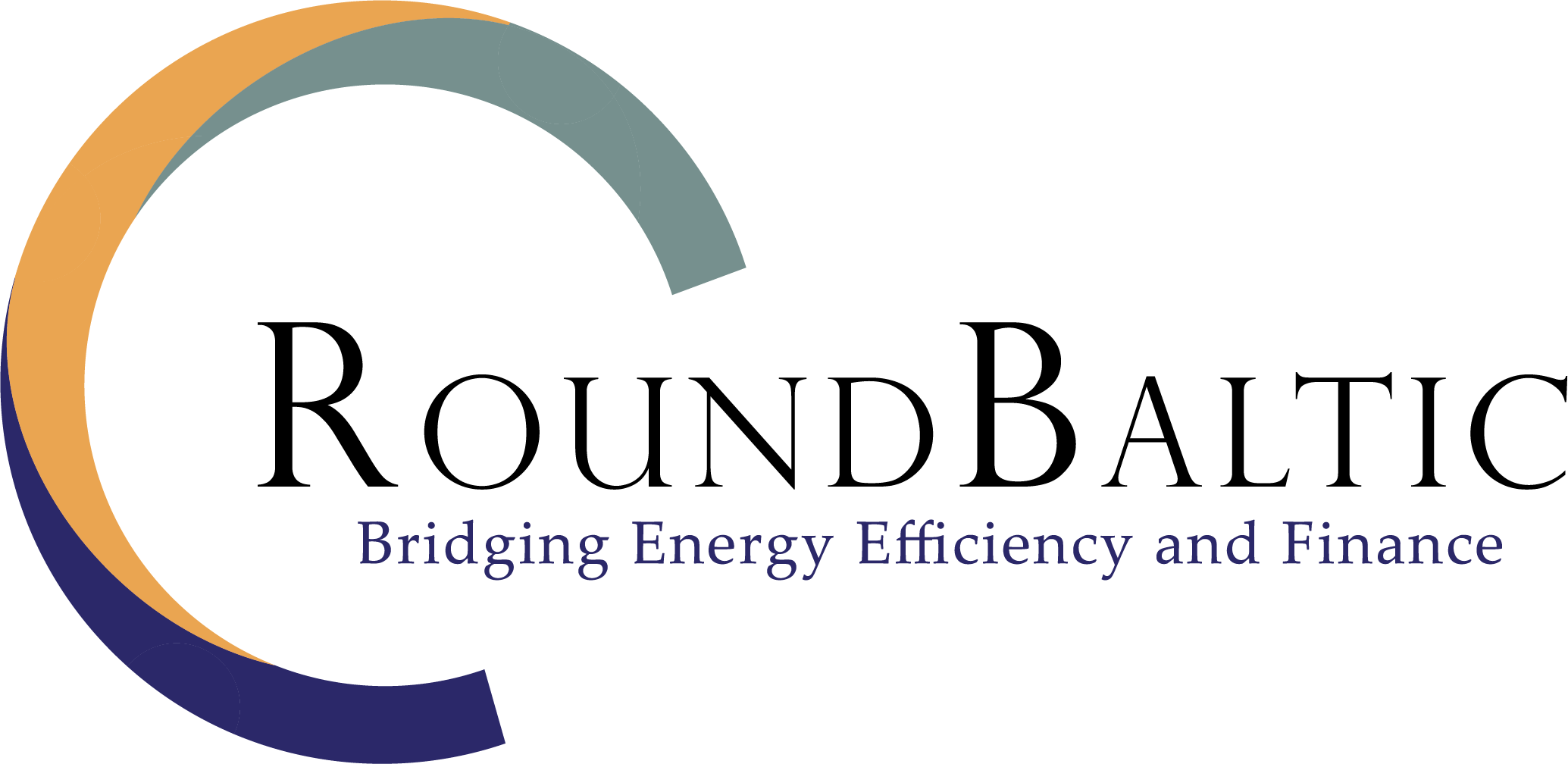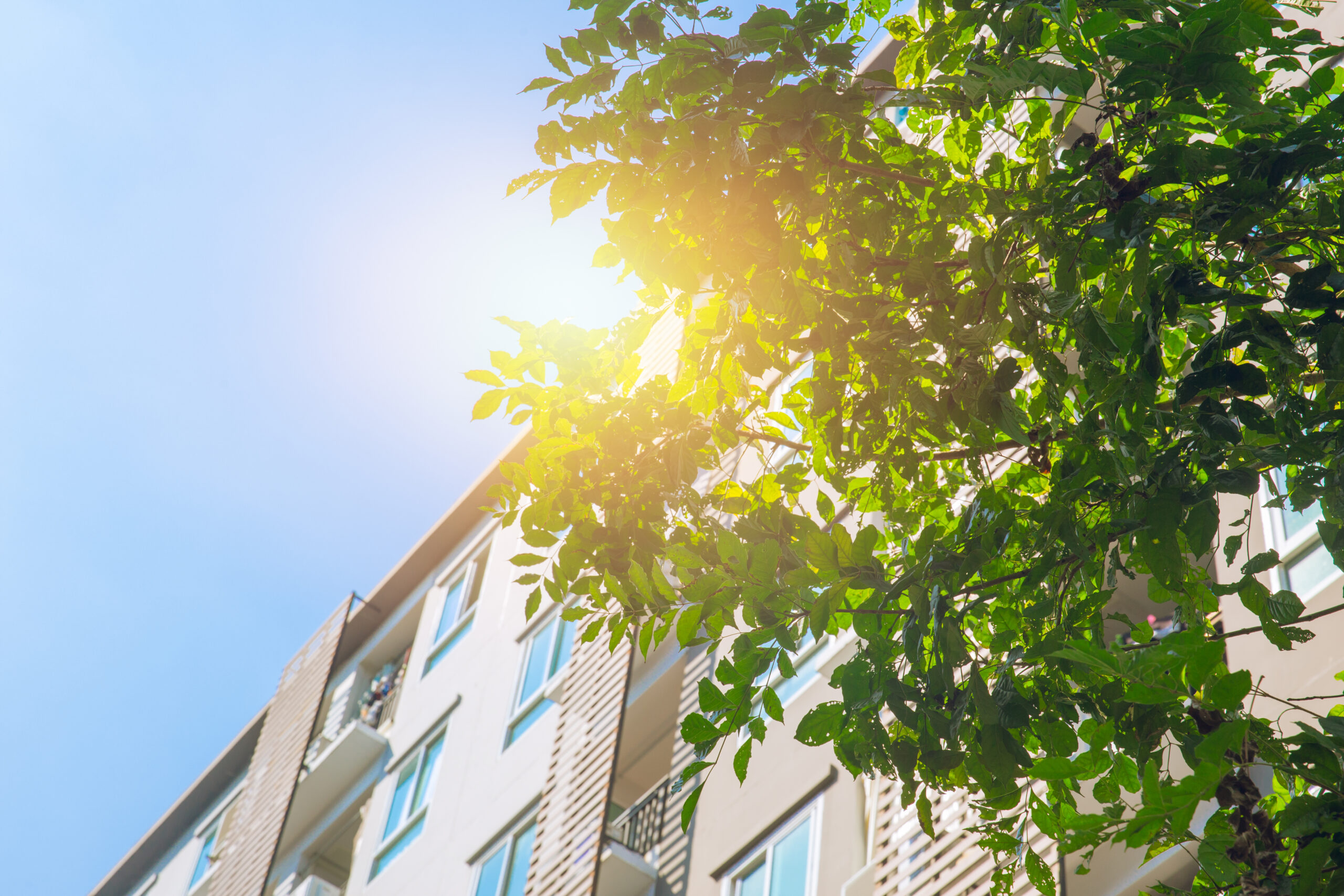Attracting private finance to improve energy efficiency in the Danish social housing sector
This article highlights key points from the Danish national roundtable held on 11 May 2022, which focused on the need to attract more private capital to realise the huge potential for energy renovation in the Danish Social Housing Sector
The Danish political “Green Housing Agreement of 2020” allocated extra funds to finance a queue of projects within the social housing sector applying to the National Building Fund (2,5 billion EUR).
These projects include renovations work in general, including energy renovation where applicable. However, at the same time, the agreement put additional requirements to carry out screening and reassessment of the projects on the waiting list to ensure a higher emphasis on green investments.
A total of DKK 30 billion (4 billion EUR) has been set aside for renovations until 2026 in the national budget, but there will be a need for more funds, if not just to create a new queue. In this connection there is a desire and a need to attract more financial players in the market like pension funds, credit institutions etc.
the agreement also contains a new green guarantee fund, which will run under the auspices of the National Building Fund. The fund, being in operation from October 2021, is expected to be able to support up to 0,8 billion EUR in energy-efficient initiatives in the social housing sector.
Introducing ESCO solutions
At the national RoundBaltic roundtable held on 11 May most participants expressed their support for introducing ESCO schemes under the right conditions. It is basically considered a good idea, but complex and bureaucratic aspects can be an obstacle. It would need further guidance, as there are many rules to interpret, and flexibility is needed in how funding is handled.
To make ESCO solutions work in the social housing sector upscaling is needed e.g., by bundling investments across municipalities and social housing companies. This should be supported by a guide – a tender model for ESCO – which is simple and clear.
Increasing the engagement from the private financial sector
The private financial sector is generally interested in supporting energy renovations in the social housing sector, due to the fact that sector is legally governed making investments in the sector less risky compared with other sectors. Currently ordinary mortgage loans are offered that can supplement the National Building Fund and the pension funds.
Green bonds are not yet a fully developed product in relation to Social Housing. This requires a certain amount of leverage in the financial sector in relation to, among other things, the EU’s green taxonomy.
Questions were raised as to how attractive the interest rate advantage of green bonds is for the Sector, and whether it is in fact more advantageous to extend the term of a mortgage loan from 30 to 50 years, and particularly in connection with the renovation of the climate screen (roof and walls).
It was further pointed out that green bonds in the sector may require some government guarantees, and specific policy demands for developing attractive green loans to the social housing sector. Such requirements may only come into play if there is further focus on the large backlog in the sector in relation to energy renovations. There was also a suggestion to enable the use of national building funds for definite energy projects, but this is also a political decision.
The roundtable further discussed whether there is a need in the bond market for special green bonds that support the green transition in the social housing sector. This may be a prerequisite for the pension sector to take effective action in relation to energy renovation of social housing.
There was consencus that it is not difficult to raise cheap capital, as the times are now, but that interest rates is now rising, and therefore there may be a need to develop special green loans with a reasonable interest rate. If cheap capital is not available, it can be difficult to carry out renovations in social housing and thus counteract energy poverty.
Aggregation of projects / Up-scaling
Many housing associations are relatively small, so it is worth considering to pool/aggregate projects, across housing associations to optimize project development and the interface with the financial sector. However, the advantages and disadvantages of this should be carefully weighed.
This can, among other things, enable:
- Collaboration in line with the “Energi Spring” initiatives in Aarhus and Copenhagen, that promotes energy renovations via benchmarking, knowledge sharing and education, and where there is a great focus on Social Housing, especially in Aarhus (anchored in Aarhus Municipality and administered by the local heating supplier Kredsløb).
- Expanded collaboration on facilitation, documentation and development of projects, including resident involvement, etc. This can help reduce transaction costs through resource sharing and ensure a recognizable project basis for all parties and a common interface to the financing side.
- Joint tenders e.g., in line with the dedicated builder model, which gives private builders the opportunity to enter into collaboration with social housing companies to build a mixed construction with both private and social housing, and in relation to large project portfolios.
In relation to aggregation, it was suggested that municipalities should be considered as possible facilitators and in relation to the strategic energy planning process, where energy efficiency in Social Housing can be considered a specific track.
De-risking, project documentation
Regarding documentation of renovation projects, a collaboration was proposed between the National Building Fund and the financial sector regarding the new Green Guarantee scheme. Particularly, the financial sector is interested in getting insights into the required evaluation by an independent adviser in connection with applications for Green Guarantee, as this is considered an important document for risk assessment.
Resident democracy as a continuing challenge
Some of the major challenges remain creating trust in the resident democracy in relation to project facilitation, project documentation and construction processes. Particularly increase in rent levels are a sore point. At the same time there is generally a lack of holistic thinking and therefore not much focus on deep renovation. Overall, there is a need to ensure better transparency in relation to the total costs, the full set of needs and the total effects of energy renovations, including non-energy benefits. However, the social aspect is of high importance, and one should not expect the social housing sector, which in part represents some of the most vulnerable groups, to be frontrunners in the green transition. It requires national support ensuring that the necessary renovations are also carried out in a socially sound manner.
In the housing association “Fruehøjgaard”, a resident survey was made indicating that 75% of the residents sees green sustainability as a major focus point for the housing association, but at the same time there is a lack of knowledge about opportunities and consequences.
It was further pointed out that generally there is also a lack of capacity in the housing companies to plan and carry out energy renovation projects.
Coordination with new EU Initiatives
The upcoming revision of the EU building directive was shortly discussed and the importance of taking this into account in future strategies was emphasized. It will include a range of measures which will be important in relation to project development, documentation and financing, where i.e., the following measures currently are proposed and discussed:
- Implementation of a common European energy performance certificate.
- A new energy rating scale and new minimum energy requirements for energy performance certification
- A new common European goal requiring all existing buildings to be climate neutral by 2050
- Making a “building renovation passport” mandatory for all member states in 2024 (plan for step-by-step deep renovation – with logbook etc.).



